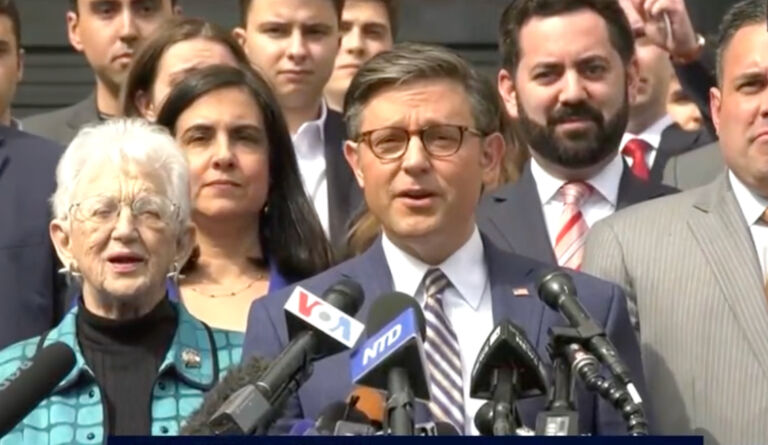An article by celebrated emeritus sociology professor John Shelton Reed of UNC-Chapel Hill about his school’s agonizingly long athletics scandal has great insight that extends far beyond the immediate concerns of the situation. That is, Reed exposes the way different faculties think about ethical dilemmas.
The STEM, healthcare, and business set think that adequate measures have been taken and enough people have lost their jobs because of the scandal and it’s time to move on. There is business to do and all this self-flagellation about sports is counterproductive. But where STEM and business faculty feel a band-aid will suffice, the humanities crowd sees a massive cancerous tumor that must be cut from the body.
Humanities faculty feel that the issues raised by the scandal are foundational to higher education’s purpose as an educational and moral institution. They assume that no solution has been reached until a more proper relationship between athletics and academics is achieved, with athletics the much junior partner.
This issue creates some strange bedfellows, with the most left-wing elements of the faculty aligned with conservative reformers. It is also a commentary on the future of higher education governance, as STEM and vocational faculty are in the ascendance and the humanities and social science faculties, who have often been a big part of governance, are waning in influence.


